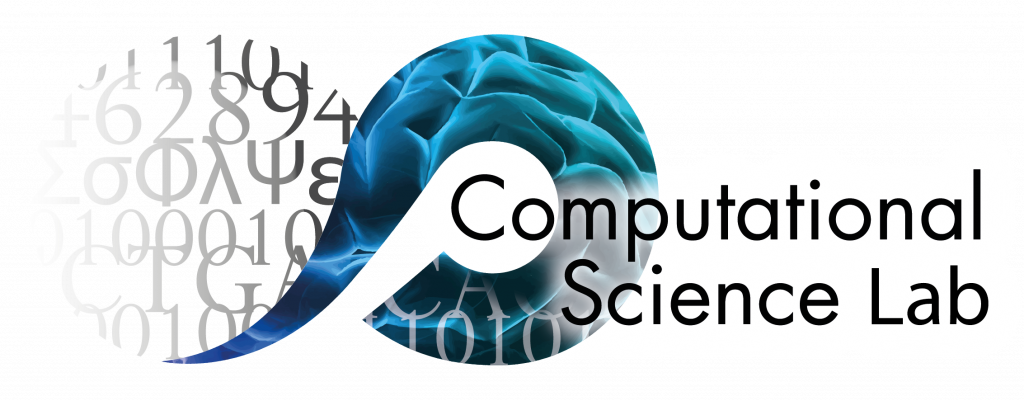
Using an interdisciplinary approach the project aims to get grip on this complex societal challenge. Complexity science concepts such as network analysis and tipping points will be combined with creative (gaming) industry,social science to develop new intergenerational digital games that promote interaction between different age-groups, optimize feasibility and effectiveness, and conduct studies to test the effects of social health games on seniors’ loneliness and social networks.
For this 4 years NOW funded project (700k) we have room for two full time innovative PhDs and a part-time post doc position (2 yrs 0.5 or 4 yrs 0.25 fte).
The ‘complexity’ PhD will be focusing on complexity science methods (e.g., network analysis, stability and tipping point analyses, computational modeling such as ABM), and thus has a sufficient background in one of the relevant exact sciences.
The other PhD will have a focus and background in game development, preferably also with social science application and interested in effect evaluation via science of crowds sub-projects through data acquisitions via the games.
The Post doc preferably has experience in social network analyses and digitalized data acquisition. It goes without saying that all three team members will have an interdisciplinary mindset, are team players, and eager to bridge the gap between methods and application.
We offer an interesting PhD training and project guidance through a highly qualified team collaboration of the University Utrecht (Social Sciences), University of Amsterdam (Computational Sciences) and Radboud University (Medical Sciences). The studies will take place in a network with a creative industry partner (Games Solutions Lab), a market party (Dela), and a network of older persons (Network “100”). The project will start October or November 2019.
The PI is prof. dr. Marcel Olde Rikkert and the co-PIs are Dr. Rense Corten and dr. Rick Quax. The PhDs and PD will be hired through Radboud.
